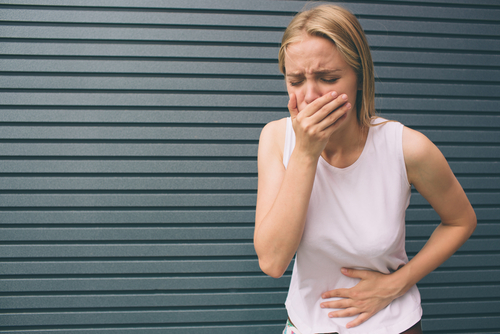In a world increasingly conscious of health and wellness, a recent study raised eyebrows and concerns. Researchers from Massachusetts suggested artificial sweeteners and ultra-processed foods could potentially increase the risk of depression.
However, experts caution while these findings are intriguing, there is not yet sufficient evidence to establish a direct link.
The study, conducted by researchers at Harvard University and Mass General Brigham Hospital, examined the diets of over 30,000 middle-aged women, predominantly white. Of these participants, approximately 7,000 had been clinically diagnosed with depression.
The researchers proposed that the consumption of ultra-processed foods, such as grains, snacks, and ready-to-eat meals, might be contributing to the prevalence of depression among these women.
@PepsiMaxUK what’s the official twitter account for pepsi UK?
They need to know how bad they have become since their recipe change of original @pepsiThis stuff is now only suitable for cleaning toilets!
Artificial sweetners do not belong in original pepsi!!!! pic.twitter.com/pfBvZjRrhh— Ian w
(@_ian_w_) September 20, 2023
Artificial sweeteners, particularly aspartame, were also associated with higher rates of depression. Aspartame, a common ingredient in diet beverages like Diet Coke, has been classified as a possible carcinogen by the World Health Organization (WHO).
Despite this alarming association, experts warn against jumping to conclusions. They stress that more research is needed to confirm these preliminary findings and to understand the underlying mechanisms involved.
The study’s methodology involved asking the participants to complete questionnaires about their eating habits every four years. However, it’s important to note the study did not provide details on how long the participants were evaluated.
This lack of clarity raises questions about the duration of exposure to artificial sweeteners and ultra-processed foods necessary to potentially trigger depressive symptoms.
The researchers used two definitions for depression: strict and broad. Strict depression referred to patients who reported being diagnosed with the condition by a doctor and regularly used antidepressants.
Broad depression encompassed patients who had a clinical diagnosis and/or took antidepressants. Of the 31,712 participants, 2,122 had strict depression, while 4,820 had broad depression.
How the most popular artificial sweetner aspartame is killing people. pic.twitter.com/0gz0bdS4aY
— Nand Kishor Bhatt (@NK_Bhatt) September 17, 2023
Despite the intriguing findings, experts have urged caution in interpreting the results.
Dr. Duane Mellor, a dietitian at Aston University in the UK, pointed out the research does not provide evidence to support the idea that compounds from artificial sweeteners reach the brain and cause depression.
He suggested it could be people living with depression may choose more sweetened drinks, rather than these drinks causing depression.
Dr. Sharmali Edwin Thanarajah, a neurologist in Germany, echoed this sentiment.
He said while the study provides insight into the potential role of artificial sweeteners in mental and physical health, this needs to be confirmed through further research beyond observational data alone.
This study adds to a growing body of research suggesting that processed foods could lead to adverse health effects.
This article appeared in StatesmanPost and has been published here with permission.





